The Programming Languages of the Future: How AI is Changing the Game
W
ill humans still write code in the future? 🤔 It’s a fascinating question — especially now that AI can write, test, and even debug code on its own. But here’s the truth: In 2025 and beyond, programming won’t die — it will evolve. Developers won’t just write code; they’ll collaborate with AI systems to build smarter and faster software than ever before.
1. AI and the Rise of “Autonomous Coding”
Tools like GitHub Copilot, ChatGPT, Tabnine, and Replit AI are changing how we code.
Developers now describe what they want — and AI generates the logic for them.
This shift means programming is becoming more conceptual and strategic rather than purely technical.
In the near future, developers will focus on thinking and designing, while AI handles the repetitive coding tasks.
2. Languages That Grow With AI (Python, JavaScript, Go)
Not all languages benefit equally from AI — some thrive more than others.
🔹 Python:
The king of AI and machine learning.
Libraries like TensorFlow, PyTorch, and Scikit-learn make Python the backbone of modern AI systems.
🔹 JavaScript:
As AI becomes embedded in the web, JavaScript plays a growing role.
Frameworks like TensorFlow.js allow developers to run AI directly in browsers.
🔹 Go (Golang):
Go is increasingly used for AI infrastructure, APIs, and distributed systems due to its performance and scalability.
3. The Rise of New Languages: Rust and Julia
⚙️ Rust – The Language of Safety and Performance
Rust is replacing C++ in performance-critical AI systems thanks to its memory safety and speed.
It’s used in robotics, blockchain, and even AI model deployment systems.
📊 Julia – The Language for Scientific Computing
Julia combines the simplicity of Python with the speed of C.
It’s designed for numerical analysis, simulations, and AI research.
By 2025, Julia is expected to become a top-five language in data science and academic computing.
4. Skills Future Programmers Must Have
AI won’t eliminate programmers — but it will redefine their roles.
The developers of tomorrow must:
-
Master high-level languages (Python, Rust).
-
Understand data science and machine learning concepts.
-
Know how to integrate and fine-tune AI models (LLMs).
-
Use AI tools to boost productivity and creativity.
The best coders will be those who can think like humans but code like machines.
5. The Future of Development: Human-AI Collaboration
Software development is becoming a partnership between human logic and machine intelligence.
You describe your idea, and the AI writes an optimized version of it.
Thus, languages that emphasize clarity and flexibility — like Python, Rust, and Julia — will dominate the next decade.
6. Will AI Replace Programmers?
Short answer: No.
AI is not here to replace developers — it’s here to empower them.
Just as calculators didn’t replace mathematicians, AI won’t replace programmers.
It will make them faster, smarter, and more creative.
The best developers will be AI collaborators, not competitors.
Conclusion
In 2025, coding is not dying — it’s transforming.
Artificial intelligence is changing how we code, but the need for human creativity, logic, and design thinking remains stronger than ever.
To thrive in this new world:
1️⃣ Learn Python or Rust,
2️⃣ Embrace AI tools,
3️⃣ Keep learning every day.
Because the future belongs to developers who can speak the language of AI.



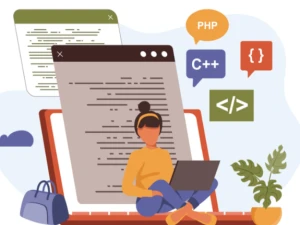
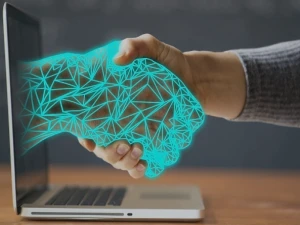
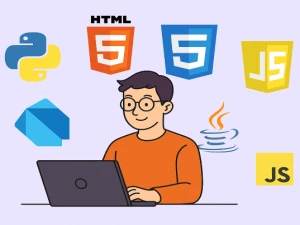
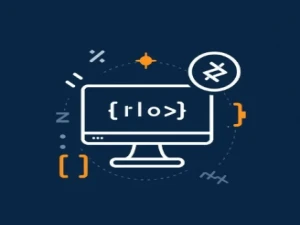
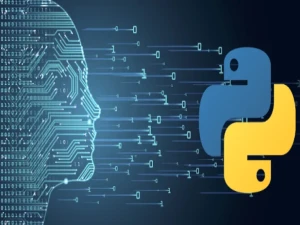

Comments